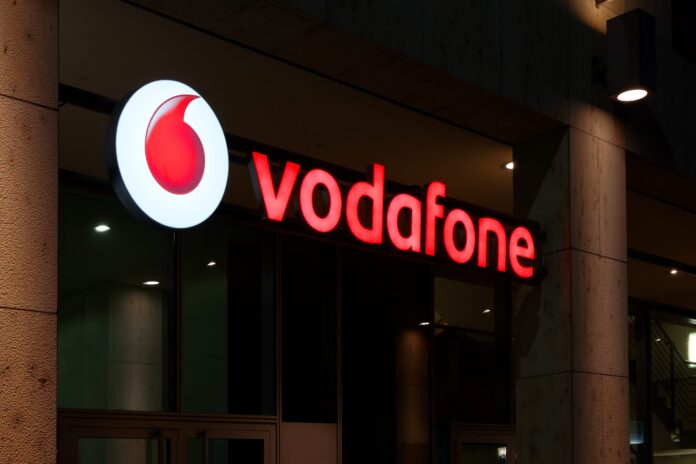Vodafone said that this expansion includes bringing 5G to approximately 1,000 additional municipalities across 49 provinces
Vodafone Spain’s 5G network will cover 90% of the population and more than 3,700 municipalities, surpassing its initial deployment commitments, the carrier said in a release.
This expansion includes bringing 5G to approximately 1,000 additional municipalities across 49 provinces. Coverage will extend to 513 municipalities with fewer than 1,000 residents, 388 municipalities with populations under 10,000, and 56 municipalities with populations between 10,000 and 50,000.
Vodafone said it is deploying 5G on the 700MHz frequency to enhance indoor coverage, ensuring greater bandwidth availability and faster data transmission, which is particularly beneficial for rural areas and small towns.
Julia Velasco, Vodafone Spain’s Director of Technology and Operations, said: “To further drive digital inclusion for businesses, citizens, and public administrations, Vodafone’s 5G network will reach 90% of the population, spanning large cities, smaller towns, and rural areas. Our goal is to close the digital gap and provide connectivity for everyone, especially those who need it most.”
Vodafone initially launched 5G services in Spain via Non-Standalone (NSA) architecture in 2019 while the telco launched a pre-commercial 5G Standalone (SA) network in June 2021. In January of 2022, Vodafone Spain announced the start of the initial deployment of 5G coverage via the 700 MHz frequency in 109 municipalities in 30 provinces across the country, after the telco secured spectrum in the 700 MHz band in July 2021.
In May 2024. Vodafone Group had completed the sale of its Spanish operation to Zegona Communications for $5.4 billion.
Vodafone and Zegona had previously said they will enter into a brand license agreement, which permits the use of the Vodafone brand in Spain for up to 10 years post-completion. Vodafone and Zegona entered into other transitional and long-term arrangements for services including access to procurement, IoT, roaming and carrier services.
The transaction had been approved by the Spanish government after Zegona guaranteed the continuity of the service and contemplate future investments, mainly in mobile coverage with 5G technology, as well as to adopt measures that guarantee financial solvency.
In addition, Zegona had also committed to maintaining relevant contracts with the national administration and maintaining stability in the company’s strategic assets, the Council of Ministers said.
Last month, Vodafone Spain and rival operator MasOrange reached a binding agreement to establish a joint fiber company in Spain.
This joint venture will support Spain’s ongoing efforts toward enhanced connectivity and digitalization by providing both operators with one of the leading FTTH (Fiber to the Home) networks in the Spanish market.
The new FiberCo will integrate over 12 million real estate units from both MasOrange and Vodafone Spain, making it the largest fiber network company in Europe. The network will be dedicated exclusively to serving MasOrange and Vodafone customers.
Under the terms of the agreement, each company will retain and operate the networks they contribute to FiberCo. MasOrange will hold a 50% stake in the venture, Vodafone will own 10%, and the remaining 40% will be controlled by a financial investor.

